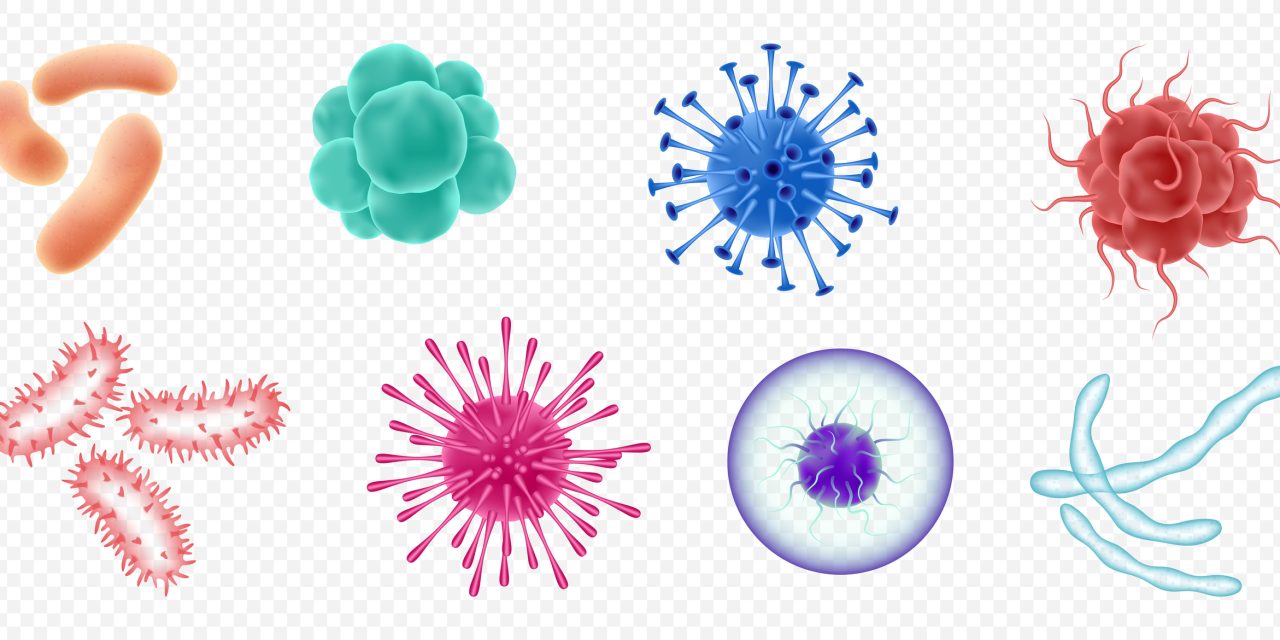Burkholderia pseudomallei is a Gram-negative, facultative intracellular microorganism that causes the sickness melioidosis in people and different well evolved creatures. Respiratory contamination with B. pseudomallei prompts a fulminant and regularly deadly sickness. It has recently been indicated that glycoconjugate antibodies can give critical assurance against deadly test; nonetheless, the set number of known Burkholderia antigens has eased back advancement toward immunization improvement. The target of this examination was to recognize novel antigens and assess their defensive limit when consolidated into a nanoglycoconjugate antibody stage. Initial, an in silico way to deal with distinguish antigens with solid anticipated immunogenicity was created. Protein competitors were screened and positioned by anticipated subcellular confinement, transmembrane spaces, cement properties, and capacity to associate with significant histocompatibility complex (MHC) class I and class II. From these in silico expectations, we distinguished seven “high need” proteins that exhibited seroreactivity with against B. pseudomallei murine sera and recovering human melioidosis sera, giving approval of our techniques. Two epic proteins, along with Hcp1, were connected to lipopolysaccharide (LPS) and joined with the outside of a gold nanoparticle (AuNP). Creatures getting AuNP glycoconjugate immunizations produced high protein-and polysaccharide-explicit neutralizer titers. Significantly, inoculated creatures getting it alone or as a mix exhibited up to 100% endurance and diminished lung colonization following a deadly test with B. pseudomallei.
Reference link- https://cvi.asm.org/content/24/11/e00206-17


